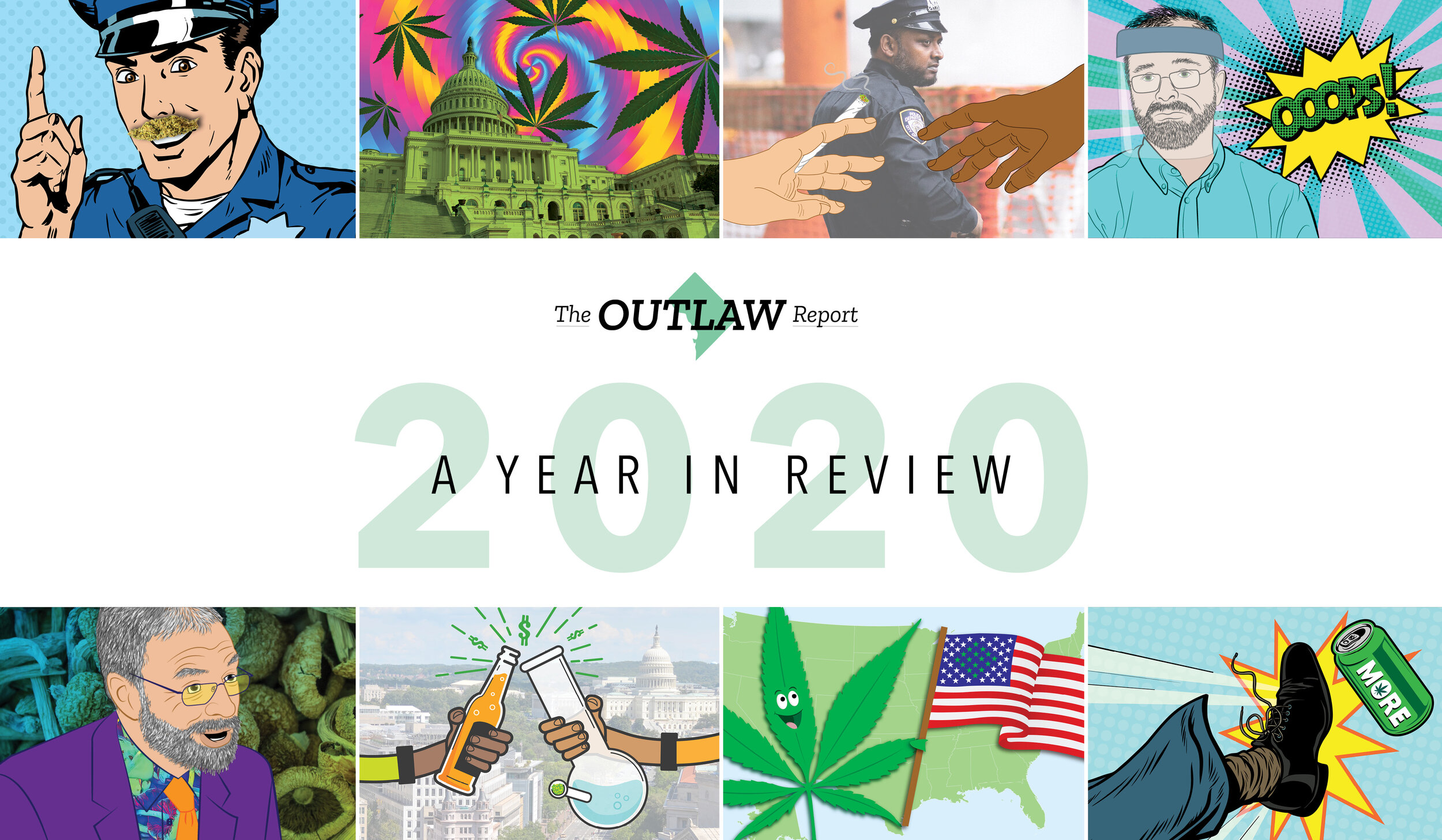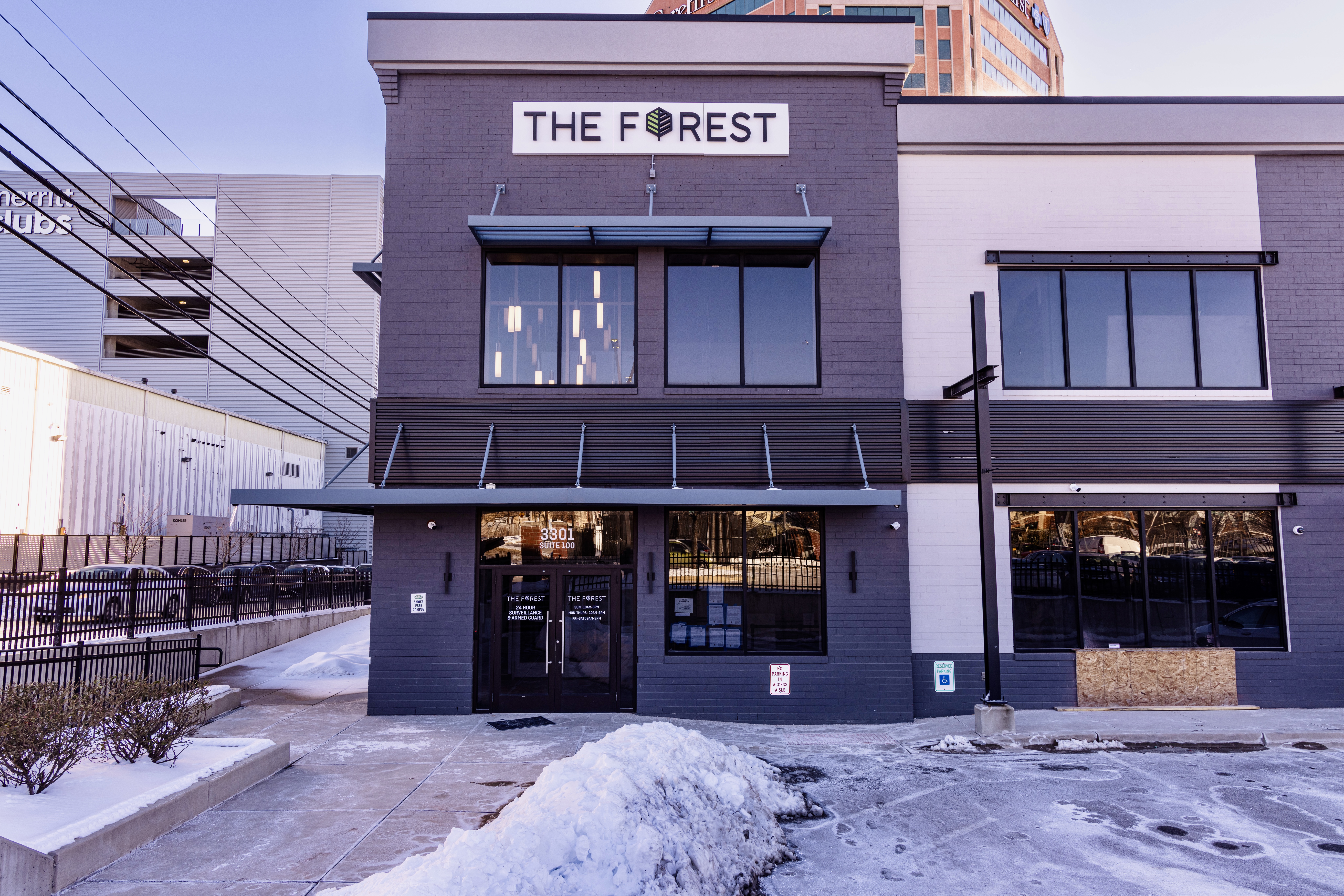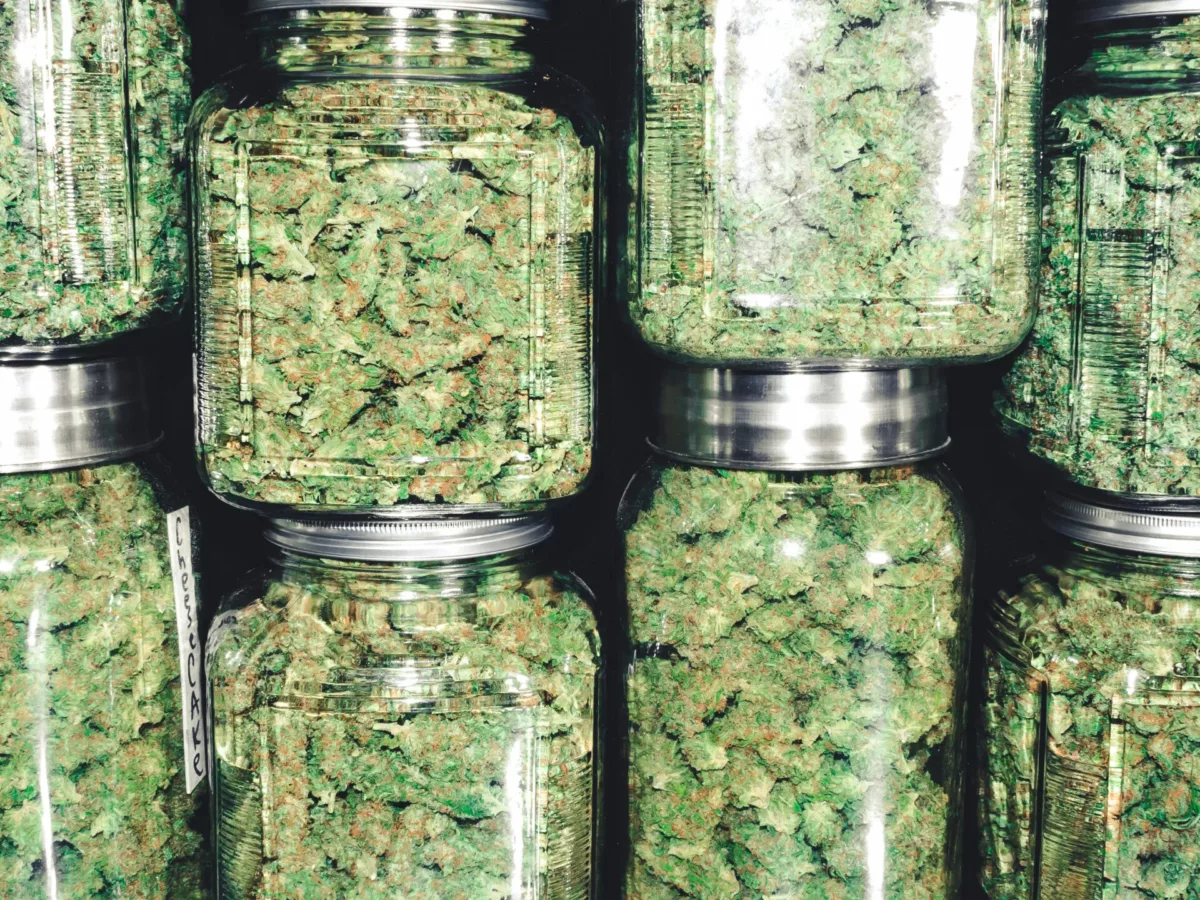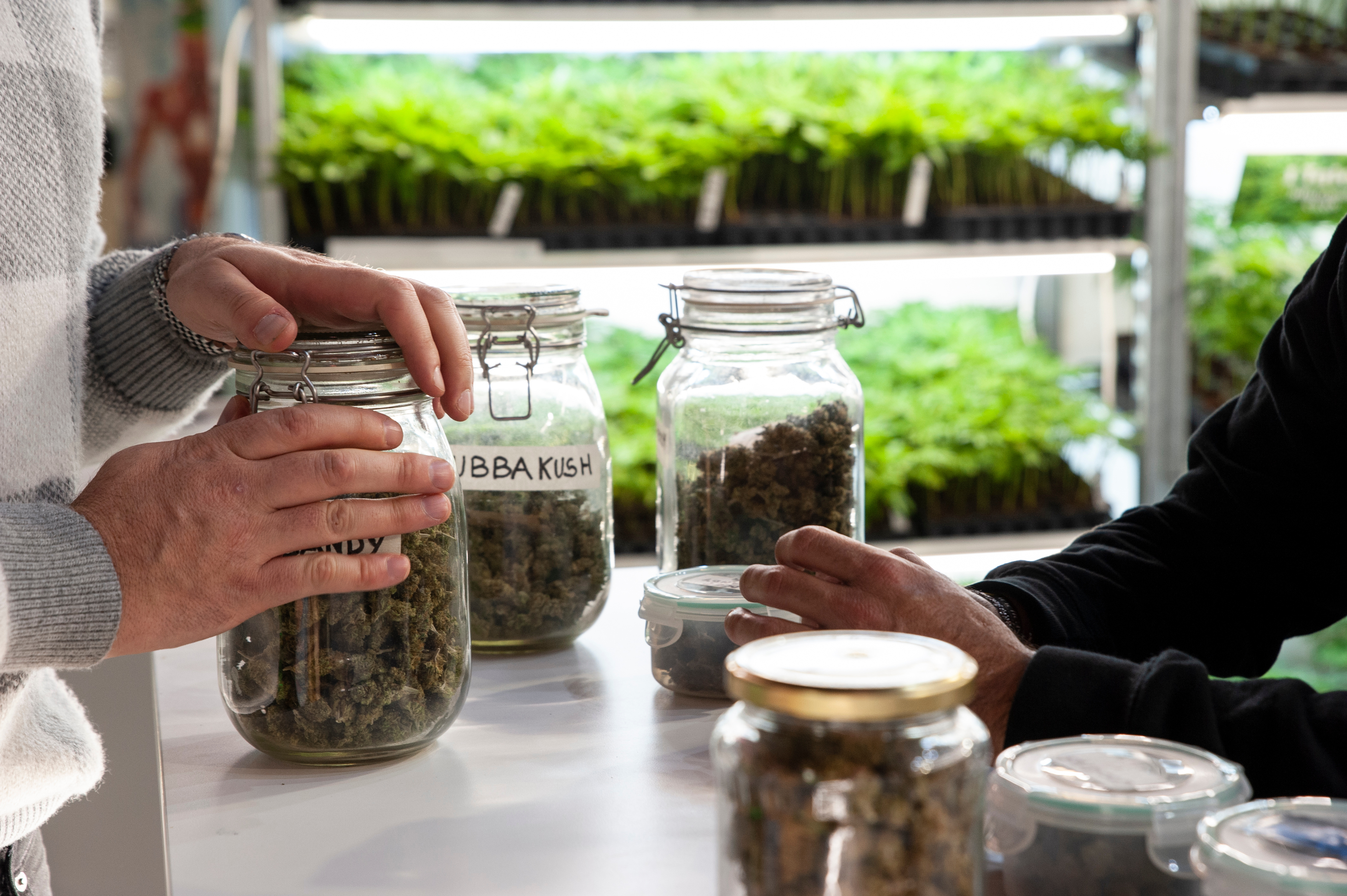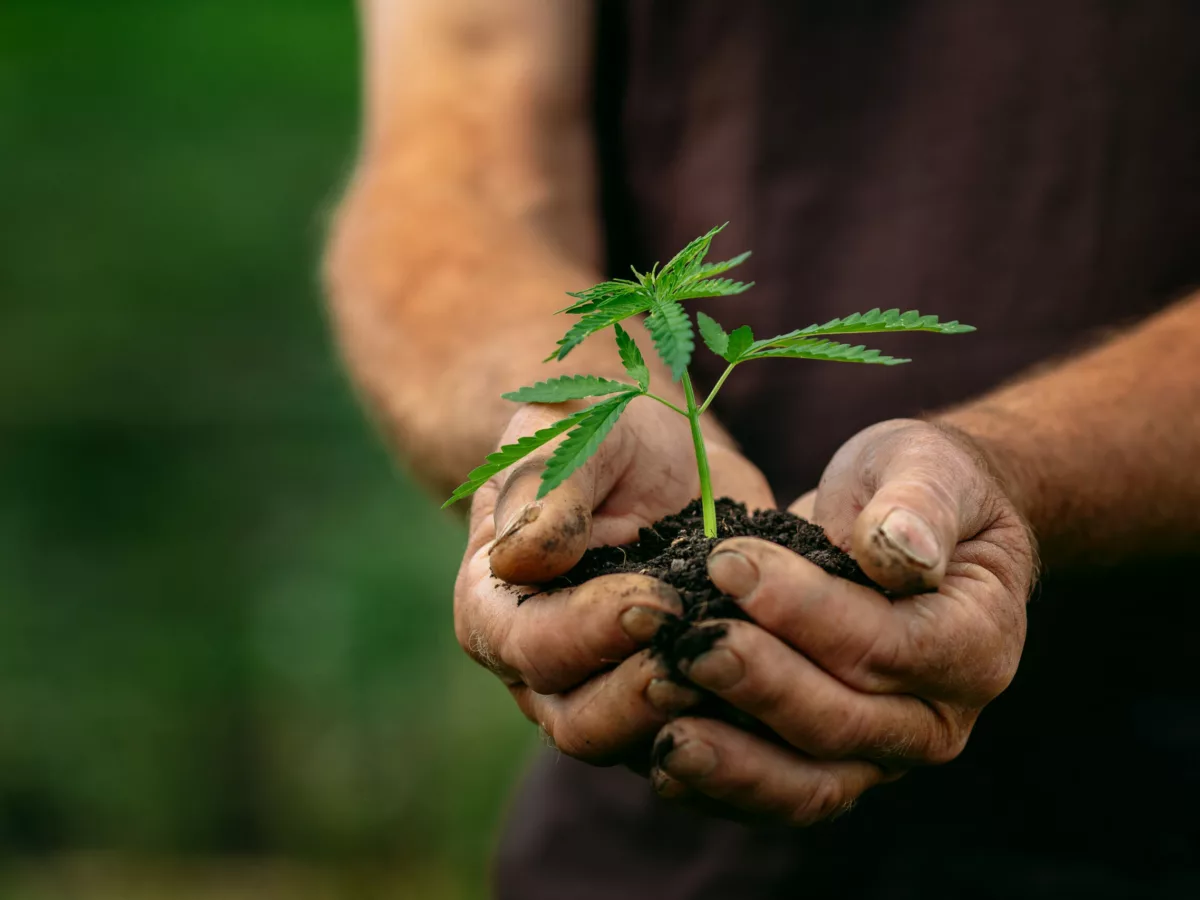Even before COVID-19 slowed Maryland politics down and ultimately shortened the 2020 legislative session, it did not appear to be a year where major cannabis reform was going to happen. Maryland’s Marijuana Legalization Workgroup had already announced it would not be recommending cannabis legalization, citing among many reasons, concerns about racial equity which have dogged the industry for years.
At the same time, cannabis insiders were reeling from the late December 2019 announcement that Delegate Cheryl Glenn was being federally charged for taking bribes related to cannabis licenses. Glenn, who was advocating for racial equity in the industry it turned out, was also in effect, monetizing Maryland’s modest cannabis industry. And in March, less than three months after Glenn’s indictment, Lance Lucas pleaded guilty to also bribing Glenn, giving her $42,500 in bribes related to, among other things, medicinal cannabis licenses. The Maryland Medical Cannabis Commission (MMCC) meanwhile, mostly ignored the questions about its licensing process amid this growing scandal, instead focusing on moving forward with giving out a number of remaining licenses and along the way, announcing that after an investigation, there was “no evidence of bias or undue influence in the 2019 license application review process.”
Meanwhile, a number of bills that would have addressed concerns about racial equity and cannabis in Maryland did not pass, in part due to a lack of political will, and also because by mid-March, COVID-19 dominated the concerns of legislators who ultimately shortened the legislative session. Most notably, Maryland did not even pass a bill introduced by then-Delegate Nick Mosby that would have increased the decriminalization threshold from 10 grams to the more common one ounce. The higher the decriminalization threshold, the less people are arrested for cannabis and as the ACLU showed, Black people are 2.1 times more likely to be arrested for cannabis than white people. Additionally, Maryland Governor Larry Hogan vetoed House Bill 83, which would have prevented cannabis possession convictions from going into Maryland Case Search, the state’s court database, if it was “the only charge in the case and the charge was disposed of before October 1, 2014.” This would have shielded around 200,000 minor cannabis convictions.
And so, the year in Maryland cannabis was primarily about what did not happen. 2021 however, looks to be a bit more encouraging with Delegate Jazz Lewis already filing a cannabis legalization bill.
“We can and should do better,” Lewis told Marijuana Moment recently. “We allow for the expungement of records, creating social equity businesses to include minorities and the formerly incarcerated, and we dedicate resources to revitalizing disconnected communities. The time for restoring communities and ending prohibition is now.”
